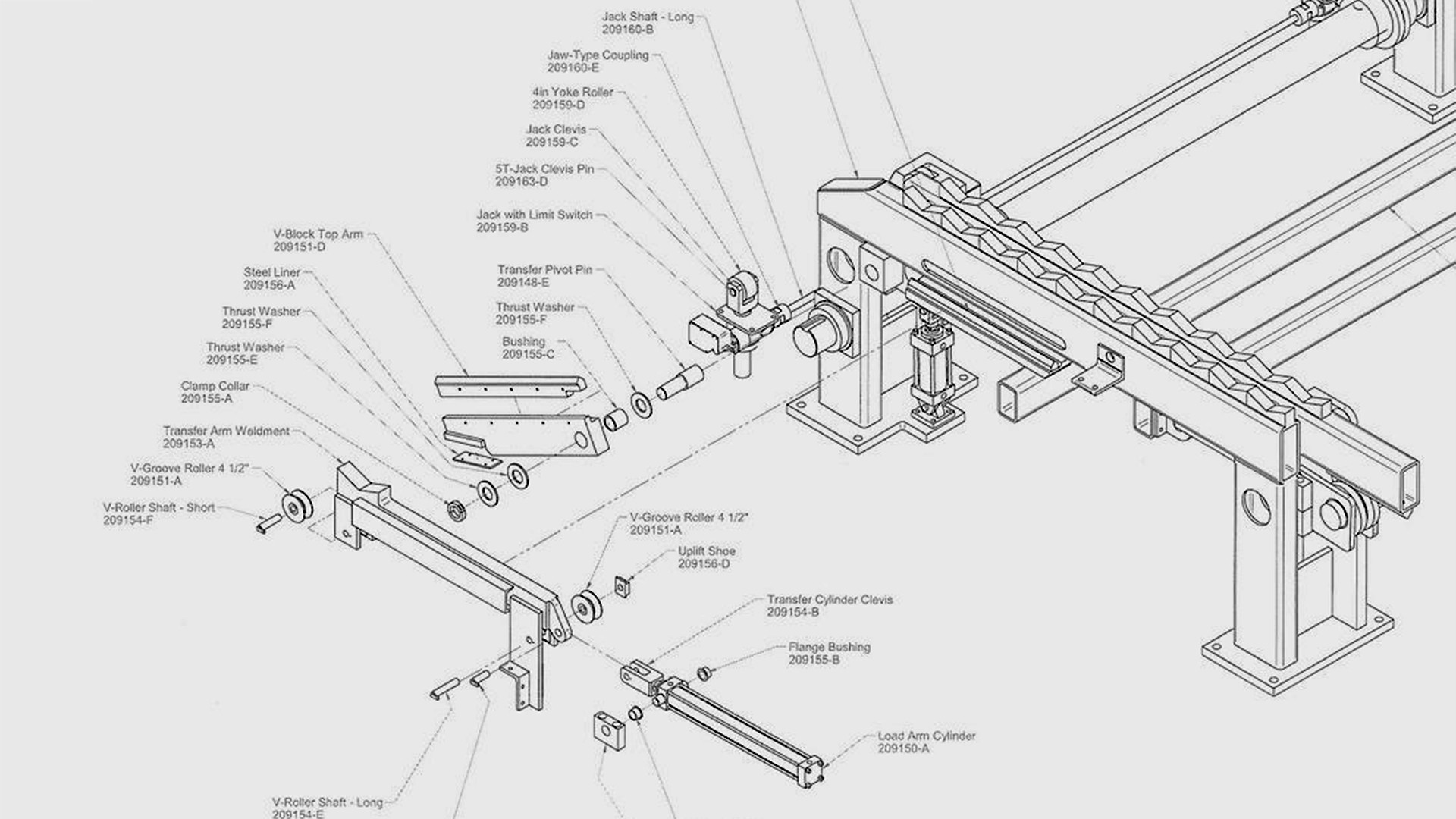Does Taiwan know what it wants to be when it grows up?
-
- Mark Stocker
- Managing Director
Do you feel it? The growing sense of pessimism that is pervading Taiwan society. It worries me. I hope it worries you too. While I have come to expect the negative commentary on Taiwan from taxi drivers, I have now concluded that disgruntled taxi drivers are in the minority. Friends of friends, new business acquaintances, and many of the young citizens I meet are all increasingly negative about Taiwan. What is going on?
Could it be that the nation has entered its troublesome teenage years? The time in life where one is dissatisfied with everything, but has little ambition to do much more than moan and grumble. The country has, after all, gone through a period of significant development leaving it bigger, stronger, but not fully developed.
Taiwan’s four decades of economic development were built largely on a single business model: winning export orders by delivering a quality product at a lower price (aka CP Value). Despite the increasingly uncompetitive nature of this business model, and in spite of sales of millions of copies of books like Blue Ocean Strategy and Value Proposition Model, Taiwan has failed to break its reliance on the CP Value model; not much unlike a college student who continues to rely on mom and dad for money after graduation.
The negativism we are experiencing today is, in my opinion, a symptom of a nation that has not prepared sufficiently for life without ‘mom and dad’. And, it leaves me asking, ‘where is Taiwan’s career counselor?’
In the West, a career counselor serves to help an individual understand how their skills and capabilities can be best applied to the realities and the opportunities of the world outside. The best career counselors, however, go a step further. They impel the individual to set a vision for the future, and to map out the steps necessary to get there.
If I have any complaint about the political establishment in Taiwan, it is that it has yet to produce an leader offering a bold vision for Taiwan’s future. Our politicians spend too much time bickering about the past and over exaggerating the latest scandal. (Are we really benefiting the nation by spending two weeks arguing over the inappropriateness of an adult-film star on a subway card?)
The nation of Taiwan is in desperate need of some career counseling. We sorely lack a leader who is capable of articulating an ambitious vision for this nation built upon the capabilities of the country and its people. It is clear that one of the major obstacles confronting Taiwan is that it does not know wants to be when it grows up.
In the business world, it is those businesses that are driven by vision that achieve impressive results. In the 1950s, Sony set itself the audacious objective of ‘changing the worldwide poor quality perception of Japanese goods’. It was a vision that inspired the company’s management and its employees. It not only generated considerable success for shareholders, it contributed directly to the success of the nation.
Taiwan is in desperate need of a grand vision. We need an aspiration for the future that will catalyze positive thinking and proactivity at all levels of society. We need a leader who understands Taiwan’s value in this rapidly changing word. Just like the career counselor that helps the graduating student find the link between their abilities and the opportunities of the marketplace, we need a leader who understands Taiwan’s value from the outside.
While we are waiting for that leader to emerge, you and I must start by distancing ourselves from the negativism that pervades Taiwan television news and Facebook posts. By filling our minds with un-constructive news stories and aimless Facebook rants, we have all but lost our ability to see the value Taiwan has to offer the world. Instead of helping to forge a future of opportunities for Taiwan, we, the public, have taken to hampering and, in some cases, killing such opportunities.
I am agog that instead of recognizing Gogoro’s incredible achievement and supporting its bold vision of cleaner inner-city transportation—a technology that has the potential to positively impact millions of consumers globally—we spend our energies bad mouthing the company and its decisions on pricing.
It surprises me that instead of supporting the world’s first fully-automated toll collection system (ETC), we attack the system for minor technical issues on launch day. Meanwhile, few people recognized that what Taiwan had achieved was a world’s first that could lead to interest in the technology from countries around the world.
One can imagine that Lativ, with our support, might have become the next Uniqlo or Zara. Instead we took them to task over sourcing product from China, all-the-while happy to spend our money on Uniqlo products made in China.
Anyone of these companies might have achieved what Sony achieved for the nation of Japan, but they were never given a chance. We--the public--not only failed to support them, we actually slowed and, worse yet, completely stopped their ascent. By jumping on the ‘criticize’ bandwagon, we have collectively crushed the very ideas and opportunities that could have driven the next generation of economic opportunities for this nation.
If we, as citizens of this nation, do not actively support the value that is being created by companies and individuals here in Taiwan, we won’t realize a better future. You can’t build a better future on negativism and pessimism. To this, I ask ‘what do you want Taiwan to be when it grows up?’




